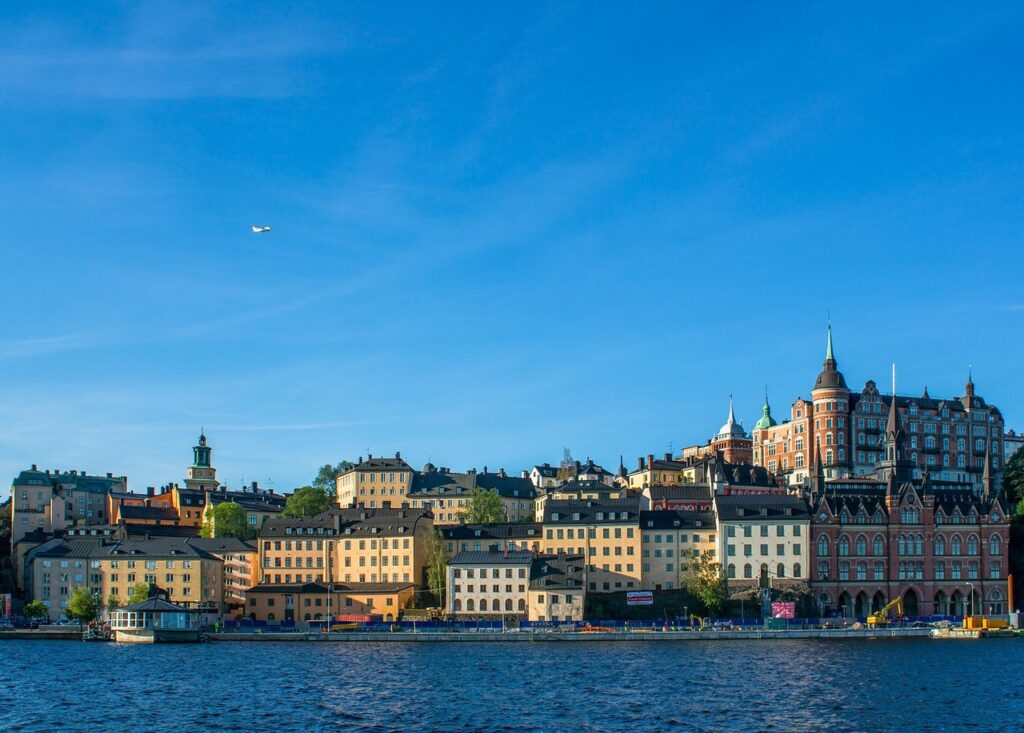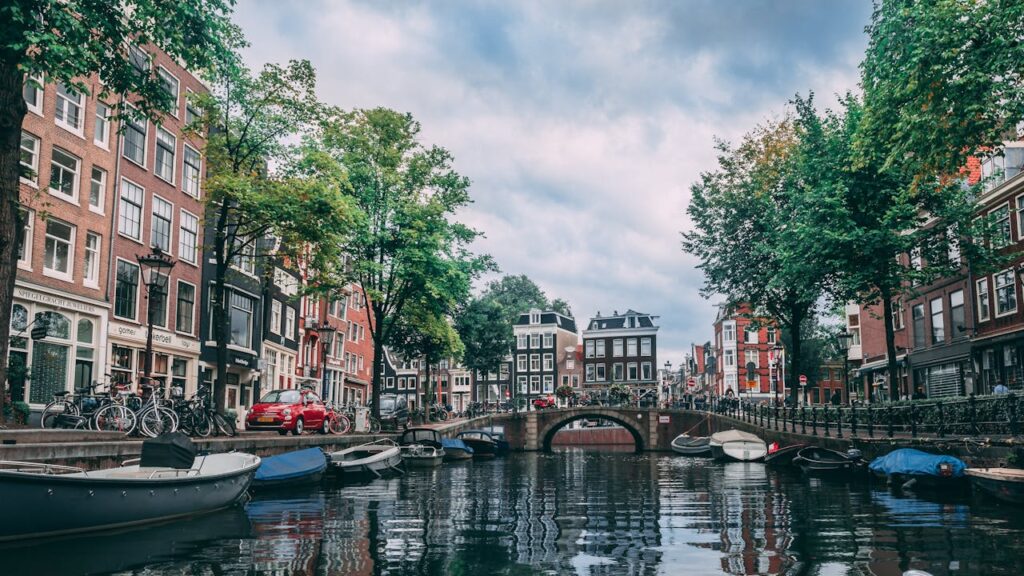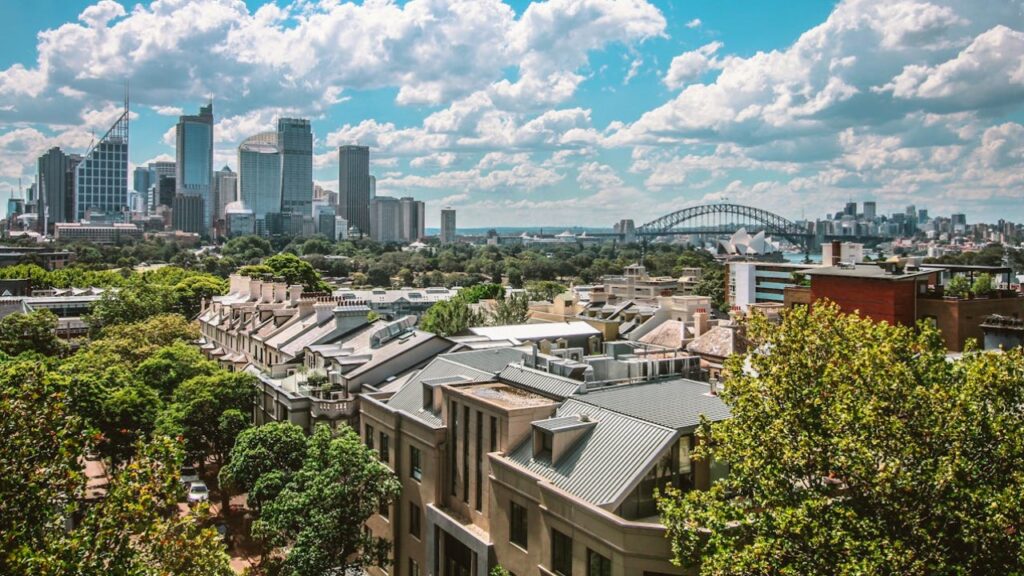We may earn money or products from the companies mentioned in this post. This means if you click on the link and purchase the item, I will receive a small commission at no extra cost to you ... you're just helping re-supply our family's travel fund.

Global travel does not guarantee a warm welcome for a US passport. Some places carry crowded streets, political baggage, or long memories that cool reactions at first contact. The chill usually appears as reserve, blunt honesty, or fatigue with certain behaviors, not open hostility. Knowing that changes the experience. It invites travelers to read rooms more carefully, move with context, and recognize how respect, not volume, tends to soften distance fastest.
Sweden: Nordic Reserve With A Long Memory

Sweden’s calm can read as cold to visitors primed for quick jokes and instant warmth. People guard personal space, keep voices low, and expect rules to be followed without negotiation. There is open skepticism toward some US policies and big talk. Those who match the quieter rhythm, skip theatrics, and show reliability usually find a dry humor and steady kindness that lasts once trust lands.
Canada: Close Neighbor, Sharper Edges

Canada looks close enough to feel automatic, which is where frictions start. Many Canadians follow US news closely and arrive with sharper critiques, wrapped in polite tones and sideways jokes. Distance can feel like judgment when it is often boundary: shared border, separate identity. Visitors who assume less sameness and listen a little more usually notice how quickly that cool edge softens.
Mexico: Politeness Overperforming For Patience

In Mexico, hospitality runs deep, but patience for careless visitors is thinner than resort ads suggest. Service workers juggle heavy narratives about crime, low wages, and border politics that rarely favor them. Loud entitlement, zero Spanish, or disregard for local norms cools the air fast. Respectful behavior, fair tipping, and real curiosity tend to unlock the warmth everyone claims to admire.
France: Respect First, Charm Second

France, especially Paris, prizes competence over cheer. Direct service, honest critique, and little tolerance for cultural laziness often read as dislike to visitors expecting constant charm. Locals notice volume, dress, and effort with language quickly. When travelers meet that standard, the mood changes: menus open up, jokes appear, and the supposed coldness looks more like a filter for who is actually paying attention.
Germany: Directness That Tests Shallow Talk

Germany’s style is frank, punctual, and rule bound, with limited appetite for small talk about nothing. That clarity can feel like a rebuff to guests used to softer wrapping. People are informed about history and global policy, and will challenge glib opinions. Those who handle direct answers, follow shared rules, and show seriousness about commitments often earn a quiet, very durable respect.
Netherlands: Blunt In A Tired Party Zone

In the Netherlands, blunt honesty meets compressed streets and years of strain from party tourism, especially in Amsterdam. Locals are tired of shouted bar crawls, bike lane blockages, and filmed windows. Comments toward obvious visitors can feel sharp, not staged. When guests treat the city as a place to live, not a playground, conversations often flip to sharp, funny, and genuinely open.
Spain: Overtourism Wearing The Smile Thin

Spain’s cooler moments cluster where overtourism hits hardest: old-town alleys, cruise docks, and beachfront strips pushed past comfort. Residents associate certain behaviors with certain crowds, and that fatigue sometimes lands on US visitors too. Stepping into quieter neighborhoods, respecting late-night noise, and backing local shops tends to surface the relaxed, sociable Spain that headlines claim, rather than a version stretched thin.
Australia: Banter With A Blade

Australia delivers easy smiles, but the banter can bite. Jokes about politics, wars, and stereotypes arrive fast, and are tests as much as humor. Loud bragging or thin skin reads badly. Locals usually respond well to someone who listens, gives as good as they get without cruelty, and owns their country’s flaws honestly. Under that, the welcome is broad and practical.
Turkey: Warm Traditions Under Heavy Politics

In Turkey, extraordinary hospitality lives beside heavy geopolitical feeling. US policy in the region, security tensions, and media narratives all shape how some residents read an accent or passport. The first response can be cautious or probing. Respectful dress at mosques, interest in local history, and patience with differing views make a visible difference, letting classic Turkish warmth step forward.